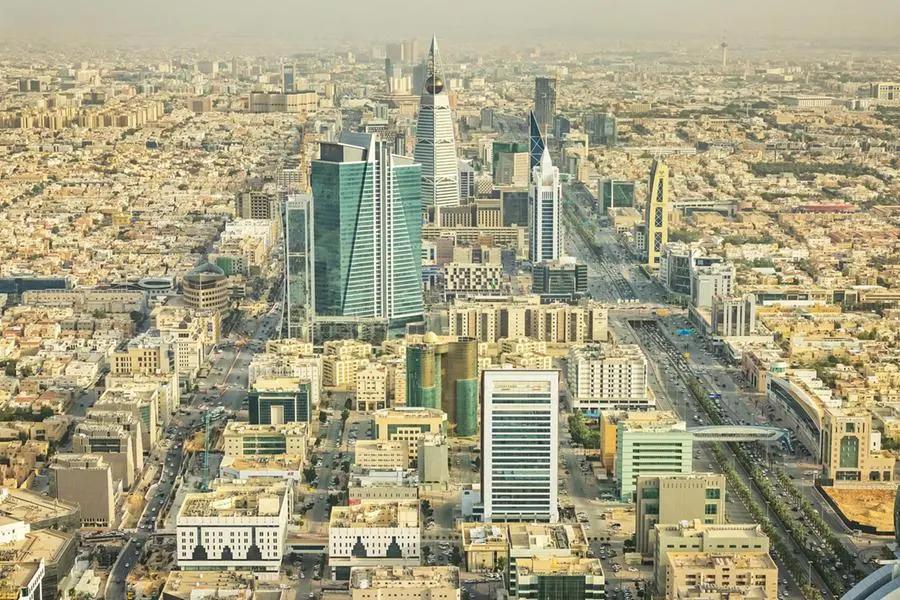PHOTO
RIYADH — The hospitality sector in Saudi Arabia saw an uplift in performance on the back of entertainment events hosted in Q4 2021, according JLL’s year-end report.
In the fourth quarter, Riyadh Season — an entertainment festival — kicked-off in the capital which stimulated greater tourism activity. This was reflected in the city’s hotel occupancy rate, which reached 56% in the YT November 2021 (compared to 48% in the same period of last year).
Similarly in Jeddah, a key event of the year was the Formula 1 race, which took place in December 2021 and attracted domestic and international visitors. In the YT November 2021, Jeddah’s occupancy rate reached 46% – up from 32% in the corresponding period of the preceding year.
“Both Riyadh and Jeddah witnessed a boost to visitor numbers due to the calendar of events that took place in the last quarter of 2021.
In the short-term, we expect Riyadh and Jeddah’s hospitality sectors to continue to see gradual recoveries — helped by a combination of KSA’s promotion of its tourism sector globally and upcoming entertainment seasons across the country,” said Khawar Khan, head of Research for the Middle East, Africa & Turkey region at JLL.
The office market in Riyadh witnessed healthy demand. This was largely driven by international firms following a recent government announcement stating that foreign firms must establish their regional headquarters within the Kingdom by 2024 in order to enable them to compete for government contracts.
By October 2021, authorities had reportedly issued licenses to 44 international firms to begin activities within the Kingdom. Government and related entities also accounted for a portion of overall demand as they work towards delivering the goals outlined in Saudi Vision 2030.
In the residential market, Riyadh accounted for a large proportion of new residential supply that was delivered across the Kingdom in Q4 2021. The capital’s residential stock reached 1.3 million units at the end of 2021 with the completion of 31,000 residential units over the 12-month period; this was more than the number of units built across Jeddah, DMA and Makkah combined (22,000 units). Most of the upcoming supply comprises master-planned projects to develop integrated communities.
In the retail market, average rents for super-regional malls increased by 1% year-on-year in the capital but registered declines in Jeddah, Makkah and DMA. In the case of regional malls, average rental values declined across each of the four markets tracked by JLL in the final three months of last year — by between 2% and 8%.
Going forward, forecasts from Oxford Economics show that, in 2022, consumer spending in the Kingdom will see annual growth of 3.4% and retail sales will rise by 2.2%. According to the report, if these projections are borne out, both will broadly recover to levels previously seen in 2019 — which in turn should lend support to Saudi Arabia’s retail sector, helped by upcoming entertainment events.
© Copyright 2022 The Saudi Gazette. All Rights Reserved. Provided by SyndiGate Media Inc. (Syndigate.info).





















